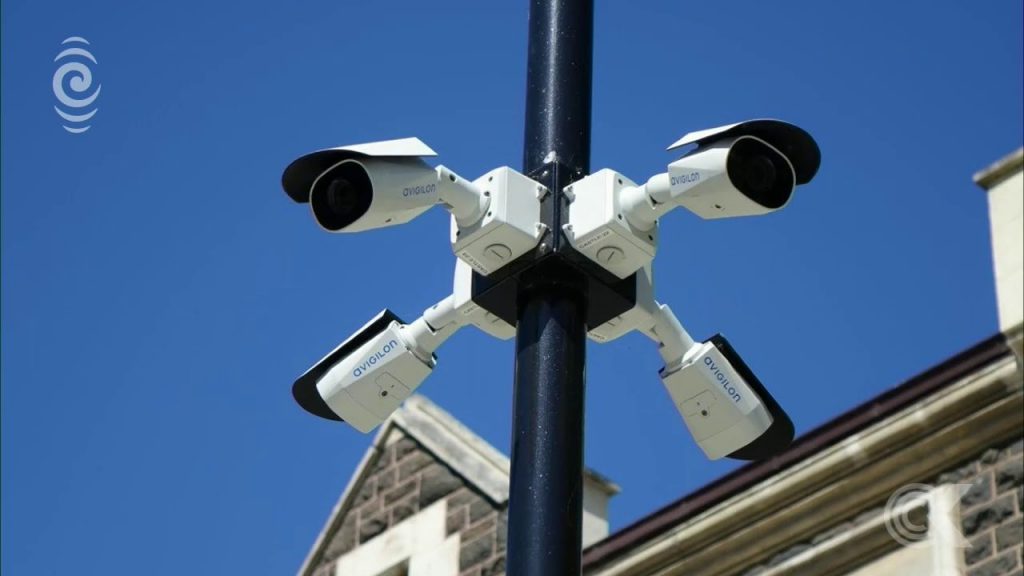The Inspector General of Police, Usman Alkali Baba said there were basic infrastructures and equipment that need to be put in place to achieve human rights goals by the Nigerian Police.
Speaking in Abuja at the official unveiling of The Human Rights Africa International Pageant (THRAIP) at the National Human Rights Commission (NHRC), he noted that part of the visions of the Administration of Criminal Justice Act (ACJA) demands that investigations must be recorded, hence every investigation room in the police stations needs to have a recording camera.
- Behind the scenes of the resumed trial of Nnamdi Kanu
Court orders release of ‘BuhariMustGo’ worshippers, Sowore’s associates
Speaking through a representative at the event, Kalu Chijioke, the IGP insisted that basic infrastructure such as CCTV cameras, street lights, body cameras, amongst others, should be put in place to make the job of the Police easy.
Baba noted that when the infrastructures were available, the proceedings in court would be hitch free, the rights of the victims would be protected and there would be integrity in the investigation process. but the absence of infrastructure makes the police try to perform magic while trying to achieve human rights goals.
On his part, Executive Secretary, Barrister Tony Ojukwu noted that the pageantry reality show was not aimed at showcasing beauty but human rights Culture throughout the African continent, targeting the youths.
He said delegates would be tested on their knowledge and understanding of human rights amongst the viewers of TV and other social media handles where the pageant will be streamed.
Speaking at the event, Chief Executive, House of Eden, Princess Barbra Obi-Odoh, partners with the human rights commission on the pageantry show noted that the objectives of the show was to acquaint the African population with the concerns of Human Rights administration and Management as fundamental aspects of democracy and good governance.
She said amongst other objectives, it would also bring a progressive behavioural and attitudinal change about and thereby reverse the poor relationship between the law enforcement agencies and local populations.

 Join Daily Trust WhatsApp Community For Quick Access To News and Happenings Around You.
Join Daily Trust WhatsApp Community For Quick Access To News and Happenings Around You.


